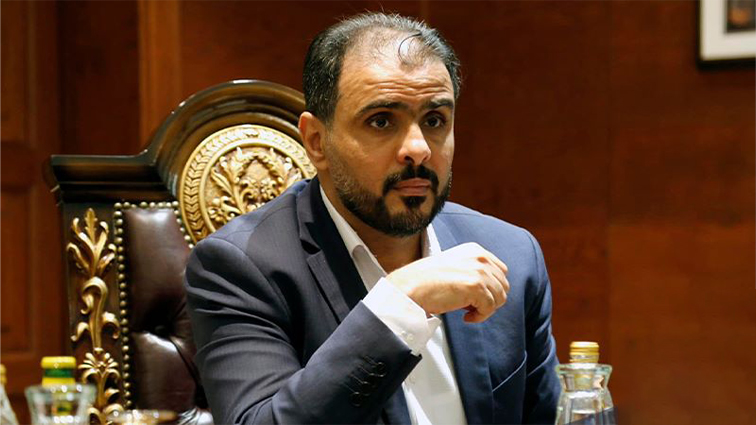On Thursday, the Libyan government mandated by the House of Representatives, headed by Osama Hamad, issued Resolution No. 157 of 2024 establishing the Supreme House for Issuing Fatwas in Benghazi.
According to the text of the decision, the Supreme House for Issuing Fatwas will have legal personality and independent financial disclosure and will be directly affiliated with the Council of Ministers, and will be headquartered in the city of Benghazi, with the possibility of establishing branches and offices in other areas according to needs.
The decision includes defining the basic elements of Dar al-Iftaa, the competencies and functions of the Grand Mufti, the Fatwa Council, and the sub-and local muftis, while stressing the need to stay away from political or regional tensions while submitting fatwas.
The decision included the important competencies of the Fatwa Council and Dar al-Iftaa, such as investigating the crescents and determining the beginning of the months, especially with regard to holidays and worship.
The resolution stipulates general and necessary provisions regarding the issuance of fatwas, respect for them by all citizens and drawing up methods of grievance against them, in addition to the basic reference for issuing fatwas, which is the Book of God and the Sunnah of His Prophet in accordance with the doctrine prevailing in Libya.
Within the framework of the provision of religious services, the decree granted branch muftis and local muftis the authority to issue fatwas on private and individual matters relating to the religious and worldly rights and obligations of the people.
Tunisian airline announces the suspension of its flights to Libya
